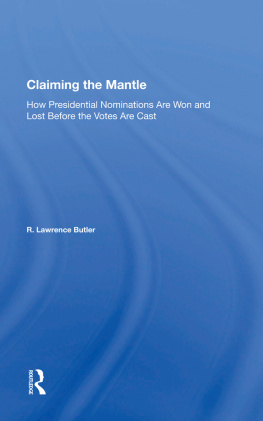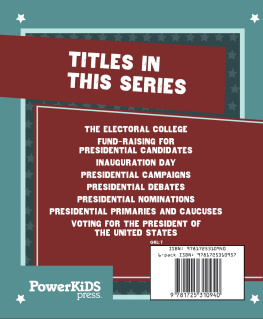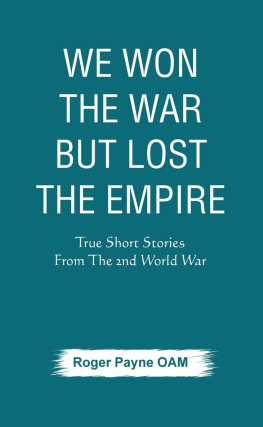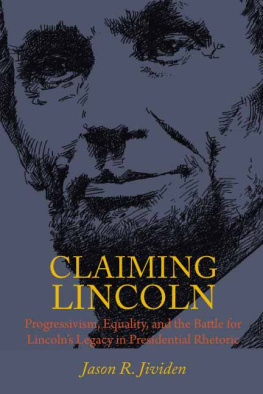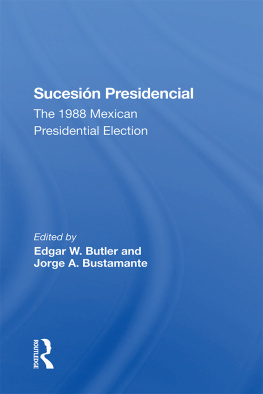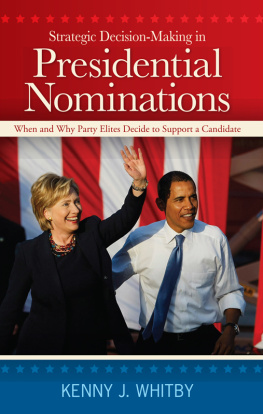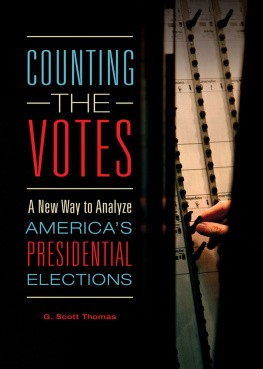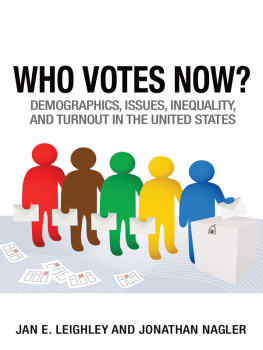Dilemmas in American Politics
Series Editor: L. Sandy Maisel , Colby College
If the answers to the problems facing U.S. democracy were easy, politicians would solve them, accept credit, and move on. But certain dilemmas have confronted the American political system continuously. They defy solution; they are endemic to the system. Some can best be described as institutional dilemmas: How can the Congress be both a representative body and a national decision maker? How can the president communicate with more than 250 million citizens effectively? Why do we have a two-party system when many voters are disappointed with the choices presented to them? Others are policy dilemmas: How do we find compromises on issues that defy compromise, such as abortion policy? How do we incorporate racial and ethnic minorities or immigrant groups into American society, allowing them to reap the benefits of this land without sacrificing their identity? How do we fund health care for our poorest or oldest citizens?
Dilemmas such as these are what propel students toward an interest in the study of U.S. government. Each book in the Dilemmas in American Politics series addresses a "real-world" problem, raising the issues that are of most concern to students. Each is structured to cover the historical and theoretical aspects of the dilemma but also to explore the dilemma from a practical point of view and to speculate about the future. The books are designed as supplements to introductory courses in American politics or as case studies to be used in upper-level courses. The link among them is the desire to make the real issues confronting the political world come alive in students' eyes.
Editorial Board
Jeffrey M. Berry
Tufts University
John F. Bibby
University of Wisconsin, Milwaukee
David T. Canon
University of Wisconsin, Madison
Rodolfo O. de la Garza
University of Texas, Austin
Diana Evans
Trinity College
Linda L. Fowler
Dartmouth College
Paul Gronke
Reed College
Richard Herrera
Arizona State University
Ruth S. Jones
Arizona State University
Robin Kolodny
Temple University
Jay McCann
Purdue University
Paula D. McClain
Duke University
Karen O'Connor
American University
Samuel C. Patterson
Ohio State University
Ronald B. Rapoport
The College of William and Mary
Craig A. Rimmerman
Hobart and William Smith Colleges
Wendy Schiller
Brown University
David Shribman
The Boston Globe
Walter J. Stone
University of California, Davis
Books in This Series
Claiming the Mantle: How Presidential Nominations Are Won and Lost
Before the Votes Are Cast, R. Lawrence Butler
The New Citizenship: Unconventional Politics, Activism, and Service,
3rd ed., Craig A. Rimmerman
Voting for Women: How the Public Evaluates Women Candidates ,
Kathleen A. Dolan
Two PartiesOr More? The American Party System, 2nd ed.,
John F. Bibby and L. Sandy Maisel
"Can We All Get Along?" Racial and Ethnic Minorities in American Politics, 3rd ed.,
Paula D. McClain and Joseph Stewart, Jr.
The Role of the Supreme Court in American Politics: The Least Dangerous Branch?
Richard L. Pacelle, Jr.
Onward Christian Soldiers? The Religious Right in American Politics, 2nd ed.,
Clyde Wilcox
To Serve God and Mammon; Church-State Relations in American Politics,
Ted Jelen
Money Rules: Financing Elections in America,
Anthony Gierzynski
The Dysfunctional Congress? The Individual Roots of an Institutional Dilemma,
Kenneth R. Mayer and David T. Canon
The Accidental System: Health Care Policy in America,
Michael D. Reagan
The Image-Is-Everything Presidency: Dilemma in American Leadership,
Richard W. Waterman, Robert Wright, and Gilbert St. Clair
The Angry American: How Voter Rage Is Changing the Nation, 2nd ed.,
Susan J. Tolchin
Remote and Controlled: Media Politics in a Cynical Age, 2nd ed.,
Matthew Robert Kerbel
Checks and Balances? How a Parliamentary System Could Change American Politics,
Paul Christopher Manuel and Anne Marie Cammisa
Making Americans, Remaking America: Immigration and Immigrant Policy,
Louis DeSipio and Rodolfo de la Garza
From Rhetoric to Reform? Welfare Policy in American Politics,
Anne Marie Cammisa
No Neutral Ground? Abortion Politics in an Age of Absolutes,
Karen O'Connor
Payment Due: A Nation in Debt, a Generation in Trouble,
Timothy J. Penny and Steven E. Schier
Bucking the Deficit: Economic Policymaking in the United States,
G. Calvin Mackenzie and Saranna Thornton
First published 2004 by Westview Press
Published 2019 by Routledge
52 Vanderbilt Avenue, New York, NY 10017
2 Park Square, Milton Park, Abingdon, Oxon OX14 4RN
Routledge is an imprint of the Taylor & Francis Group, an informa business
Copyright 2004 by Taylor & Francis
All rights reserved. No part of this book may be reprinted or reproduced or utilised in any form or by any electronic, mechanical, or other means, now known or hereafter invented, including photocopying and recording, or in any information storage or retrieval system, without permission in writing from the publishers.
Notice:
Product or corporate names may be trademarks or registered trademarks, and are used only for identification and explanation without intent to infringe.
Library of Congress Cataloging-in-Publication Data
Butler, Roger Lawrence, 1963
Claiming the mantle: how presidential nominations are won and lost before the votes are
cast / R. Lawrence Butler.
p. cm. (Dilemmas in American politics)
Includes bibliographical references and index.
ISBN 0-8133-4208-2 (pbk.: alk. paper)
1. PresidentsUnited StatesNomination. 2. PrimariesUnited States. I. Title. II. Series.
JK522.B88 2005
324.273'15dc22
2004020097
ISBN 13: 978-0-367-00760-7 (hbk)

